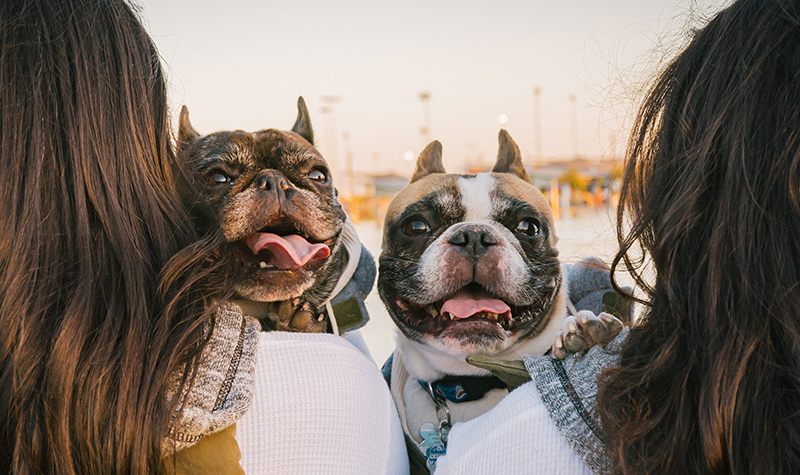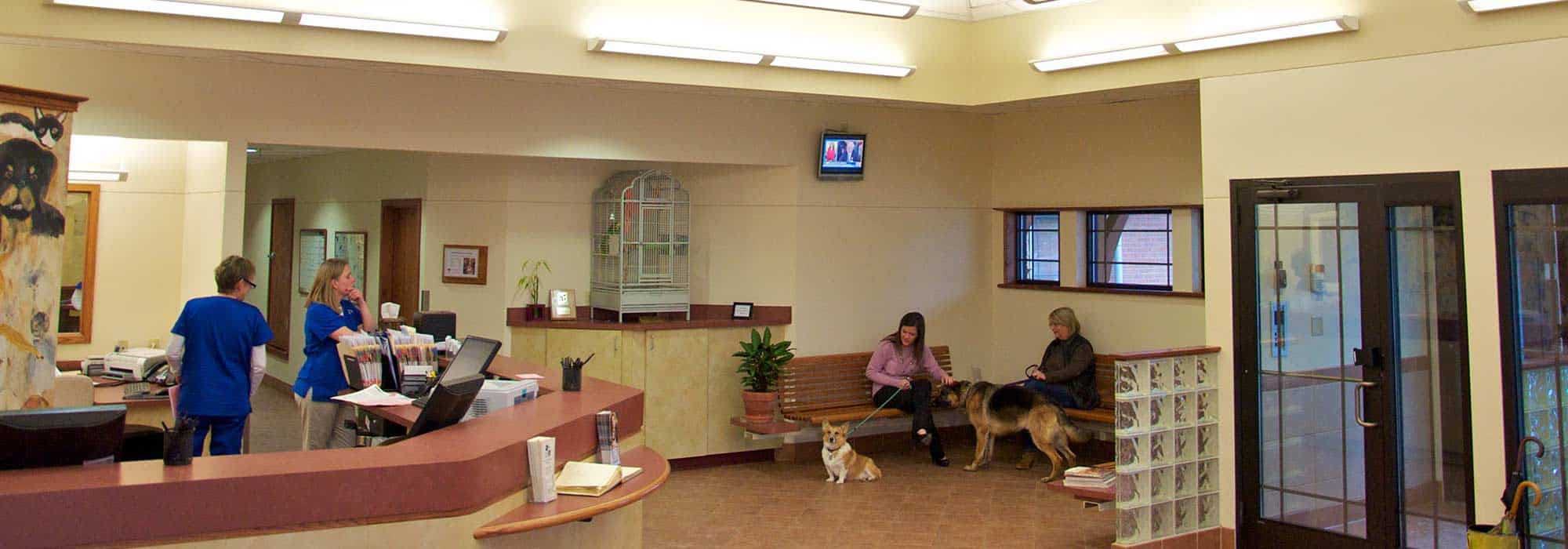French Bulldogs: #1 Dog Breed in America at Higher Risk of Health Concerns

Prevention Steps for Brachycephalic Dog Breed Health
For the first time ever, French Bulldogs are the #1 most popular dog breed in the US. For the previous 31 years, Labrador Retrievers claimed the top spot. Frenchies are in the category of brachycephalic breeds, dogs that feature shortened snouts, underbites and wide-set eyes. Other breeds include:
- Pug
- English Bulldog
- Shih Tzu
- Boxer
- Boston Terrier
- Cavalier King Charles Spaniel
- Lhaso Apso
- Bull Mastiff
- Chinese Shar-Pei
- Pekingese
- Chow Chow
- Brussels Griffon
- Dogue De Bordeaux
- Japanese Chin
Nationwide Veterinary Research analyzed insurance claim data from 50,000 individual brachycephalic dogs, compared them to other breeds, and released its findings on brachycephalic dog breeds in 2023. Its key finding?
“‘Extreme brachycephalic’ dogs are at increased risk. While most brachycephalic dog breeds are at increased risk of certain diseases, a subset of these dogs face far greater risk than the rest of the group. These findings overlap with established research that identifies these ‘extreme brachycephalic’ breeds as the French Bulldog, English Bulldog, and Pug.”

French Bulldogs are Considered Extreme Brachycephalic Dogs
The cute and cuddly appearance of French Bulldogs comes at the expense of the breed’s health. Excessive soft tissue in the nose, mouth and throat lead to a variety of health risks. Across seven health categories, French Bulldogs, English Bulldogs and Pugs have a higher relative risk compared to both non-extreme brachycephalic dogs and non-brachycephalic dogs.
Compared to non-brachycephalic dogs:
- Respiratory disease: 479% higher
- Esophageal disease: 265% higher
- Ocular disease: 467% higher
- Hyperthermia: 533% higher
- Complications of pregnancy: 419% higher
- Allergic reactions: 276% higher
- Neurologic disease: 291% higher
Knowing the risks can help pet owners take preventative steps with their beloved French Bulldogs. Nationwide offers several practical tips you can start doing today. These steps can help any brachycephalic dog.
Prevention Steps for Respiratory Disease in French Bulldogs
Keep your French Bulldog at a healthy weight, as obesity increases the already-high risk for respiratory disease. Also, avoid using a collar, which places stress on the airway. Purchase a properly-fitting harness instead.
If your French Bulldog snores or gags, contact your veterinarian for a check-up. These could be early signs of illness.
Prevention Steps for Ocular Disease in French Bulldogs
This dog breed is at higher risk of prolapsed third eyelid, corneal disease, eyelid disease and ocular trauma. Their skull shape predisposes them to these conditions, and French Bulldogs need special protection. This could include topical lubricants or protective goggles, which you should discuss with your veterinarian.
If your French Bulldog squints, rubs their eyes and shows excessive redness, reach out to your veterinarian to tell them of these early signs.
Prevention Steps for Hyperthermia in French Bulldogs
Hyperthermia, or heat stroke, is another high risk area for French Bulldogs. Brachycephalic dogs are less able to cool down with panting, so are more sensitive to overheating during exercise, hot weather or humid conditions.
Don’t walk your French Bulldog during the heat of the day. Avoid paved surfaces and look for shade. If your dog starts panting heavily, cool them down quickly with fresh water and air conditioning. Know that your dog will overheat before most other dogs.
Prevention Steps for Complications of Pregnancy in French Bulldogs
Breeding French Bulldogs is risky and requires great skill and dedication– not to mention great expense. Many births are through C-section. The best prevention step for your dog is to not breed her at all. If you’re considering breeding, have a frank and open conversation with your veterinarian and other reputable breeders.
Prevention Steps for Allergic Reaction in French Bulldogs
Nationwide revealed a new finding that French Bulldogs are more likely to submit claims for allergic reactions than any other type of dog or breed. Owners should learn the signs of allergic reaction and know their dog may be at higher risk of allergic reaction and anaphylactic shock. Have a plan in place for emergency veterinary care in case the need arises.
Because your French Bulldog needs extra-special care to live a happy and healthy life, make sure to take them in for regular pet wellness visits. Ask your veterinarian for advice on caring for your dog and any other risk factors you need to know about.

